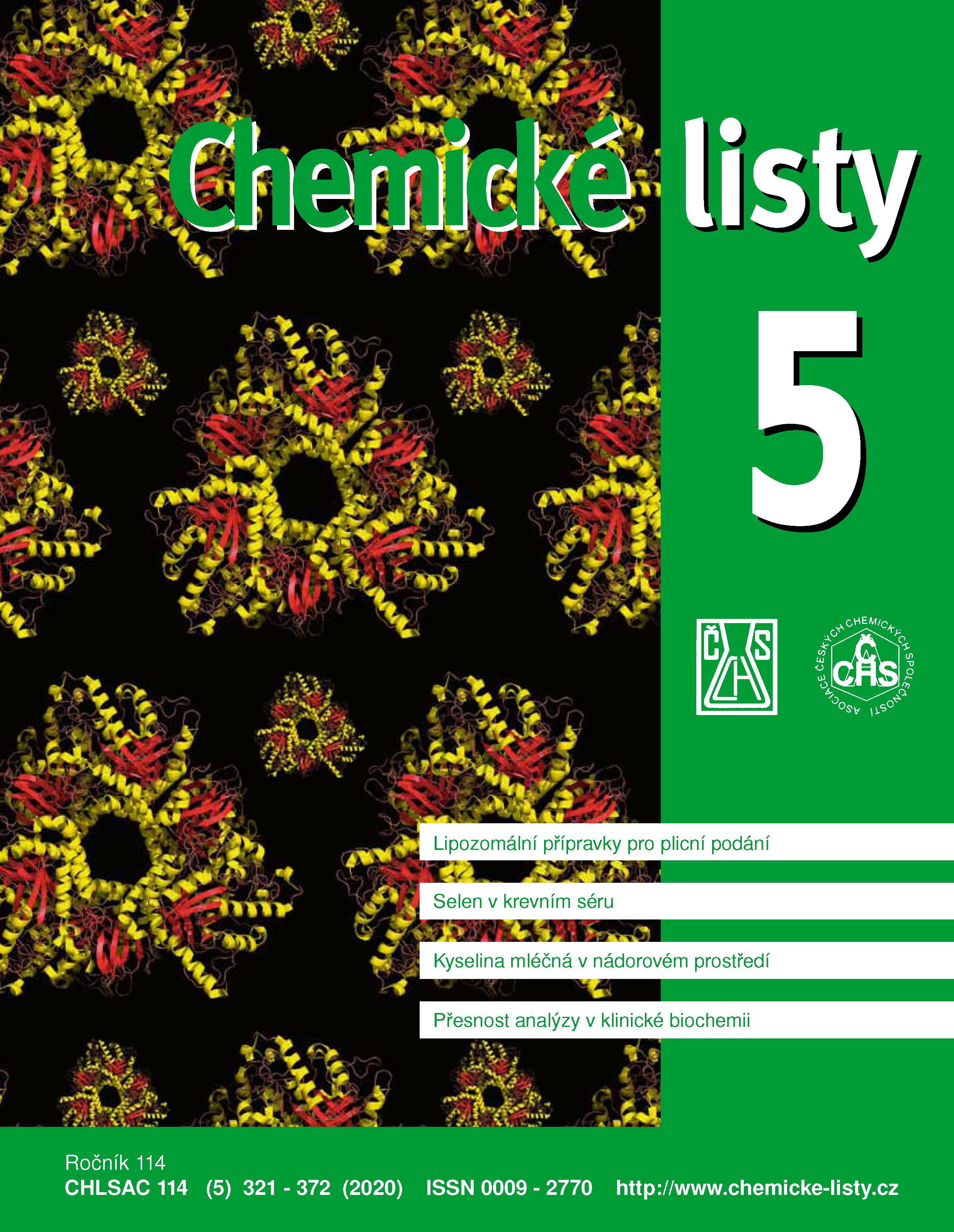High Accuracy of Analysis in Clinical Biochemistry. A Necessity or Not?
Keywords:
cortisol, Cushing's syndrome, immunochemical methods, diagnostics, clinical chemistryAbstract
Methods for determination of biocompounds in biological samples, mainly molecules of steroid nature, have always been a well-discussed issue. This review is focused on the recent trend in clinical biochemistry, namely the use of methods that provide extreme accuracy for both research and clinical practice, such as liquid chromatography – mass spectroscopy/mass spectroscopy. These highly sophisticated methods may seem to have some advantages over the traditionally employed immunochemical methods (usually various types of enzyme immunoassay, mostly different modes of enzyme-linked immunosorbent assay). However, the former is significantly more costly, more time-consuming (as taken from the pre-analytic phase to verified results), and more demanding with respect to the qualification of the personnel. Thus, this review shows that, in many cases, these drawbacks cannot be compensated for by the benefits.





